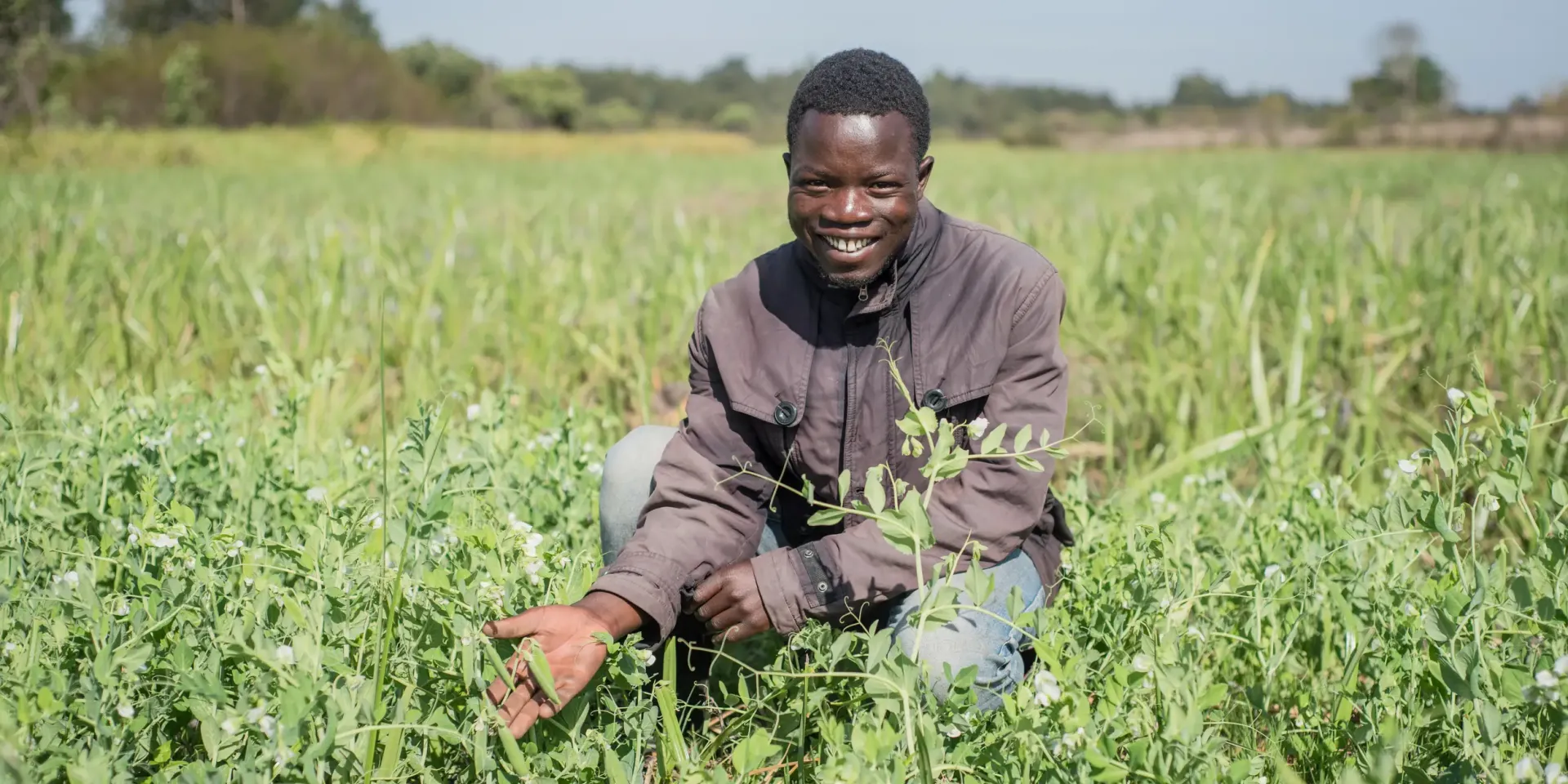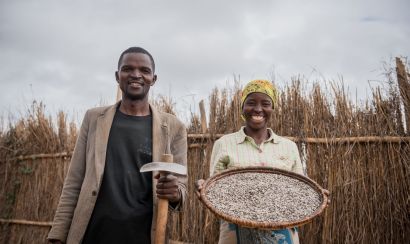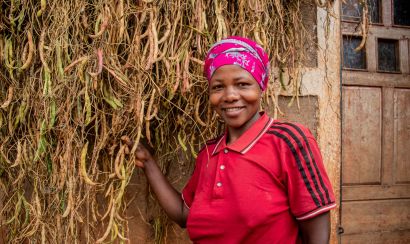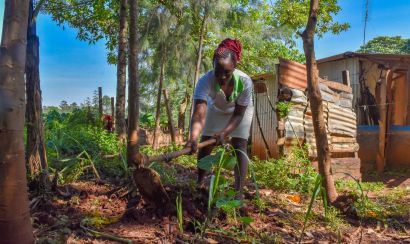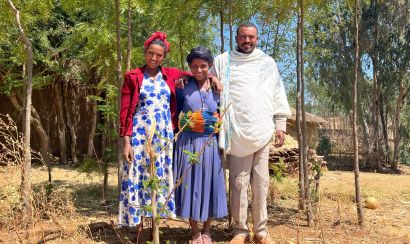Farming futures: How youth are cultivating prosperity
In the fields of Ifunda Village in Iringa District, Taifa Mlembe's motorcycle hums along dusty paths delivering much-needed farm supplies to farmer’s fields, just in time for the farming season. The 25-year-old delivery entrepreneur doubles as a farmer. This unique vantage point means he understands his fellow farmers’ needs, allowing him to have meaningful interactions with them as he delivers their farm supplies. It is also an opportunity for him to learn.
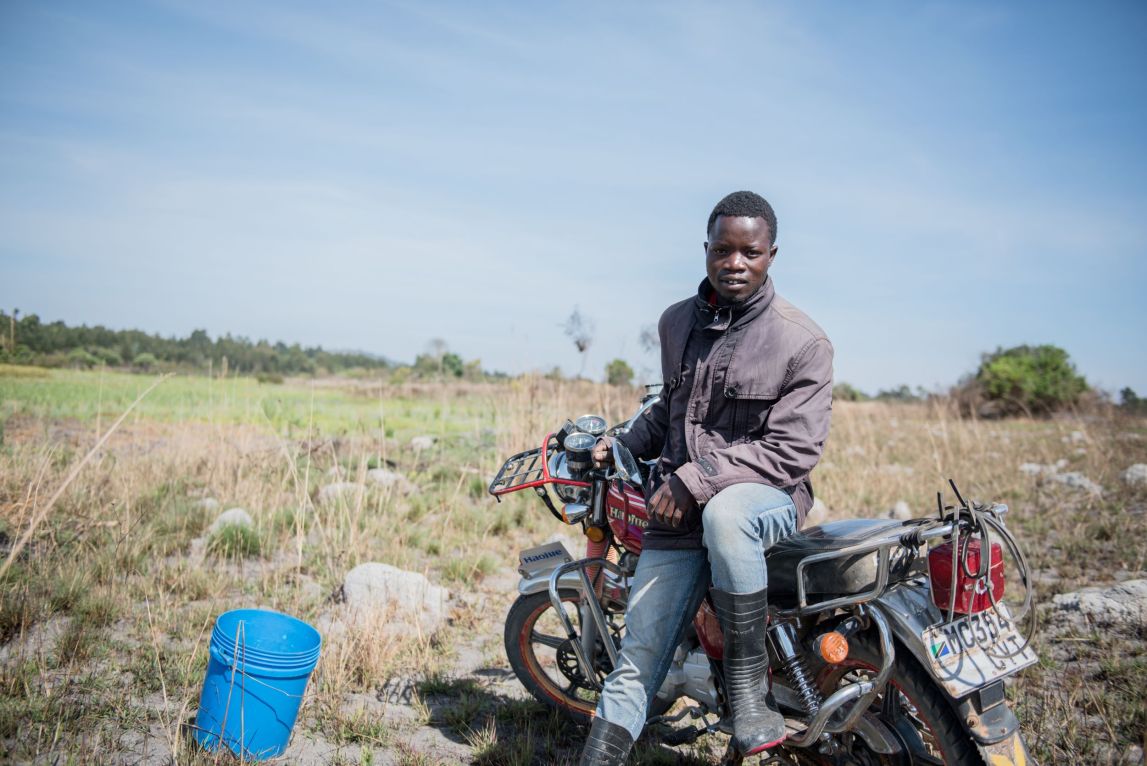
“I like learning from people. When I come across a farmer who has a large farm and achieves impressive harvests, I make it a point to seek guidance,” Taifa shares.
These encounters with successful farmers in his community proved to be a turning point, challenging and inspiring the young entrepreneur to view farming not just as a side venture but as a serious pursuit that could help him increase his income and provide for his young family. “After seeking advice from the older and experienced farmers in my village, I learned that most farmers were enrolled in the One Acre Fund program,” Taifa says. “I too enrolled to receive the support."
In Africa, young people like Taifa represent a significant demographic, with 70% of Sub-Saharan Africa under the age of 30. As this new wave of farmers like Taifa step up to inherit the mantle from their predecessors, there is a compelling need to encourage even more young people to embrace farming. Beyond its indispensable role in addressing the immediate and future food requirements of communities across Sub-Saharan Africa – and the world at large – farming serves as one of the main activities and income sources for rural households and is a catalyst for rural development.
This season, Taifa took advantage of One Acre Fund's offerings; purchasing compost and fertilizer to use on his maize, potatoes, and garden peas. He has already harvested 40 bags from the half an acre where he planted the potatoes and 12 bags from the quarter acre where he planted maize.
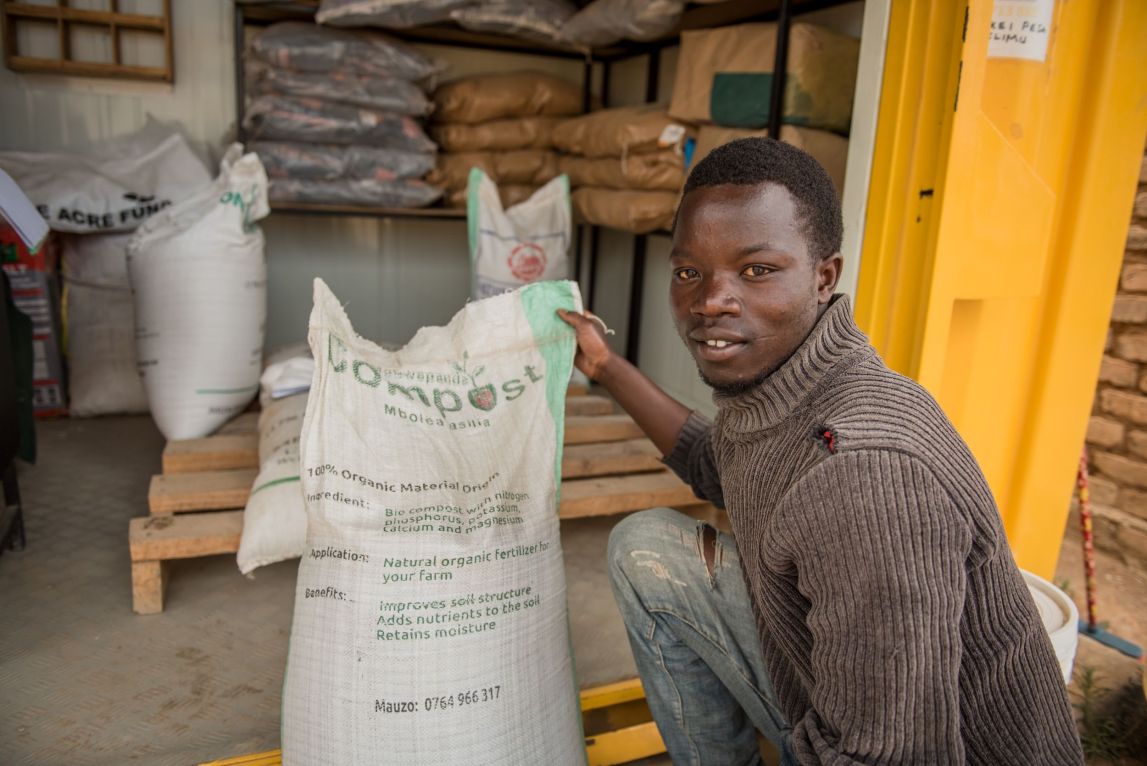
"For my family, I only need five bags for our consumption; the surplus will be sold. I will reinvest the income I generate back into farming. I plan to incorporate compost and agricultural lime to further boost my yields in the upcoming farming seasons," Taifa shares.
Now, not only does Taifa deliver farm supplies to fellow farmers, but he also loads his motorcycle with the fruits of his labor, navigating the same roads to deliver his produce to the local market.
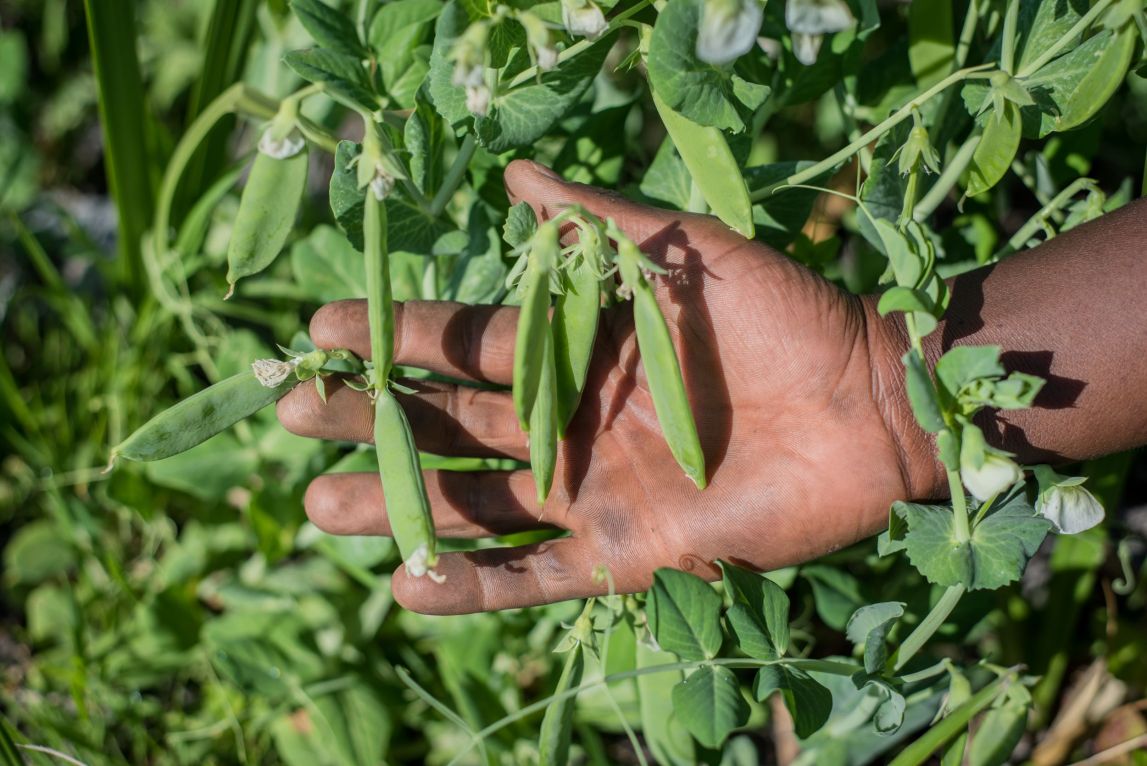
As the torch passes from the seasoned hands of the older generation farmers to the eager hands of up-and-coming farmers like Taifa, farming is cementing itself as not only a tradition to be upheld—but with the right training and quality inputs provided by organizations like One Acre Fund— but also an economically rewarding profession. This transition is an opportunity for the youth to shape the future, ensuring food security, economic stability, and a vibrant rural landscape for generations to come.
